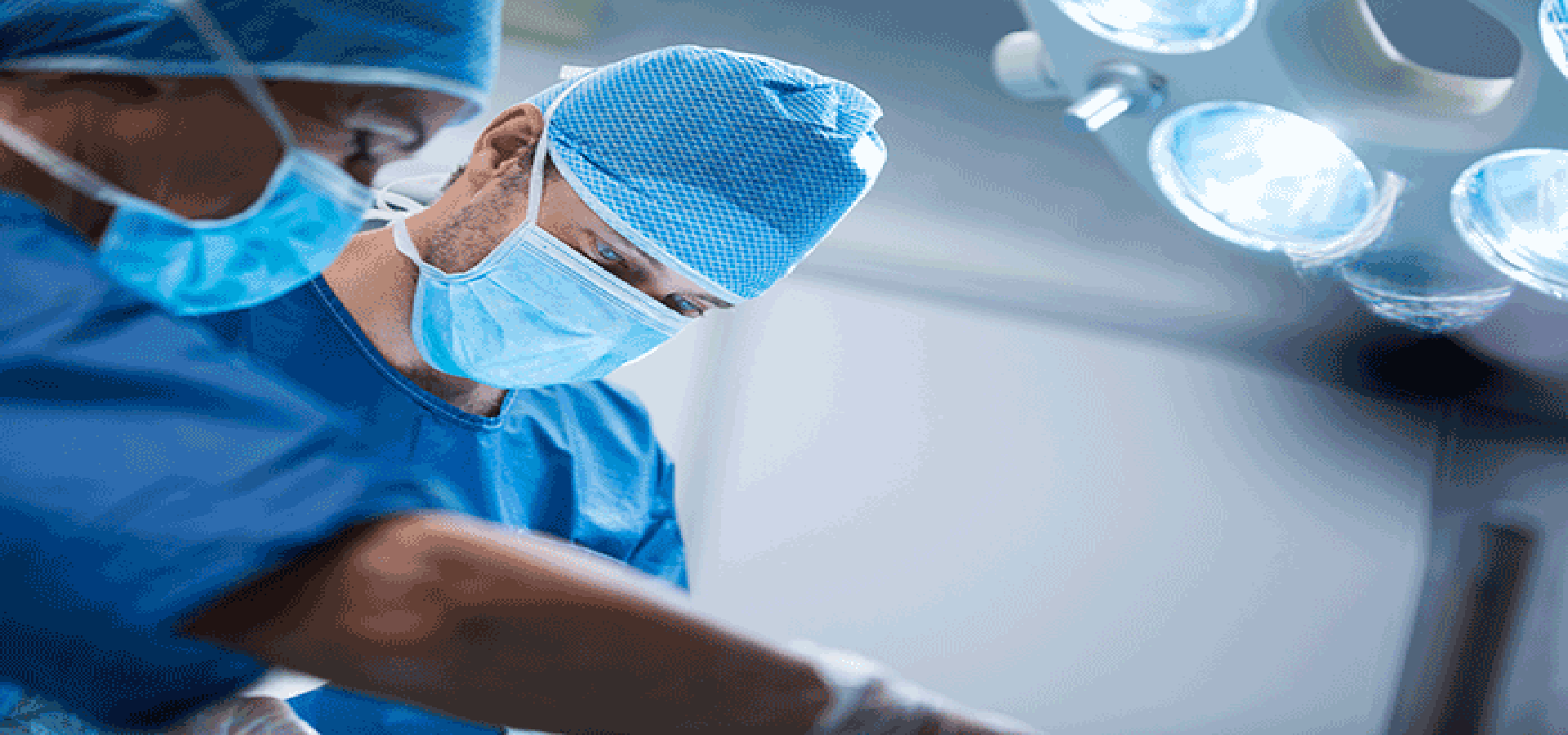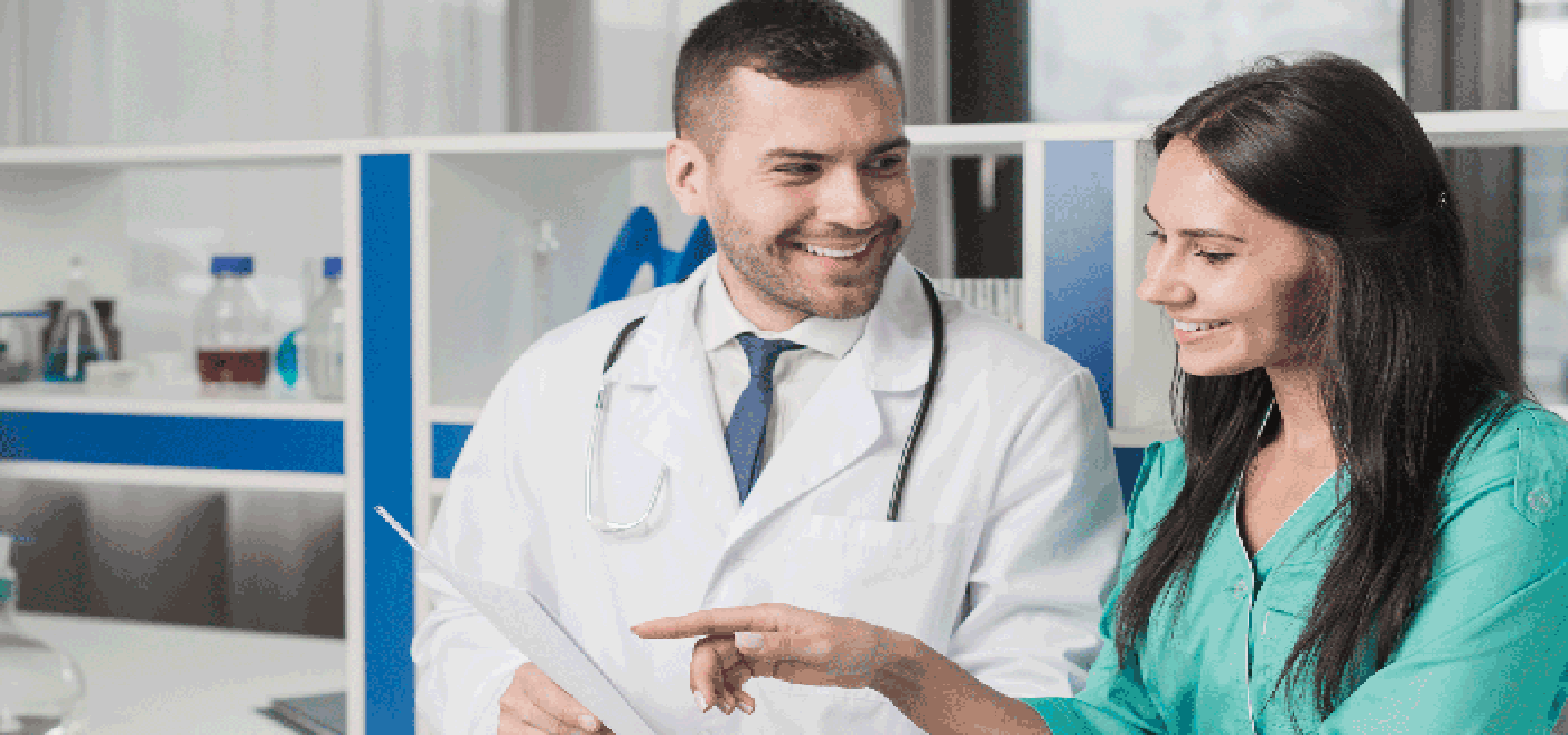- shwillmedicom@gmail.com
- +011-29521997
Transmission
Shwill Medicom Pvt. Ltd.
The will to serve. . .



Infection Control
Transmission :
Organisms including virus, bacteria, protozoa, yeast and fungi can be transmitted via the most common route which is water. There are certain viruses which can survive in water for long periods and can contaminate drinking water, hospital use dialysis water, tap water, dental use water, bathing water etc.
The common modes of transmission involve -
Vector:
Vector transmission can be through biological or mechanical vectors. Mechanical vectors are mostly carriers of infection which include houseflies, cockroaches, shoes, feet, and rodents like rats are potential threats for any hospital. The biological vectors can be biting arthropods like mites, lice, mosquitoes, fleas etc, which carry the pathogen in their guts or salivary glands.
Contact:
Contact transmission can be direct or indirect contact. Direct contact
happens when there is direct physical contact between the source and the susceptible host, or a direct person-to-person contact. Indirect contact happens when a host comes into contact with a contaminated object instead of the contaminated source. Patients requiring contact precautions include those with GI infections or antibiotic-resistant organisms such as MRSA or VRE.
Droplets:
Aerosols from sauna baths, garden irrigation systems, steam rooms, swimming pools, showers, hot tubs, ornamental fountains inside hospitals, and nebulized water are common sources of contamination spreading through aerosols in a closed environment and infecting the A.C ducts and spreading across the hospital.
Common Vehicle:
Hence, to avoid any kind of transmission of infections routine practices need to be followed to prevent and contain infections. Most important among them being - (1) Hand hygiene, (2) Use of fresh Personal Protective Equipment (PPE) and (3) Proper disposal and safe handling of Sharps.
Prevention :
Hence, to avoid any kind of transmission of infections routine practices need to be followed to prevent and contain infections. Most important among them being - (1) Hand hygiene, (2) Use of fresh Personal Protective Equipment (PPE) and (3) Proper disposal and safe handling of Sharps.
